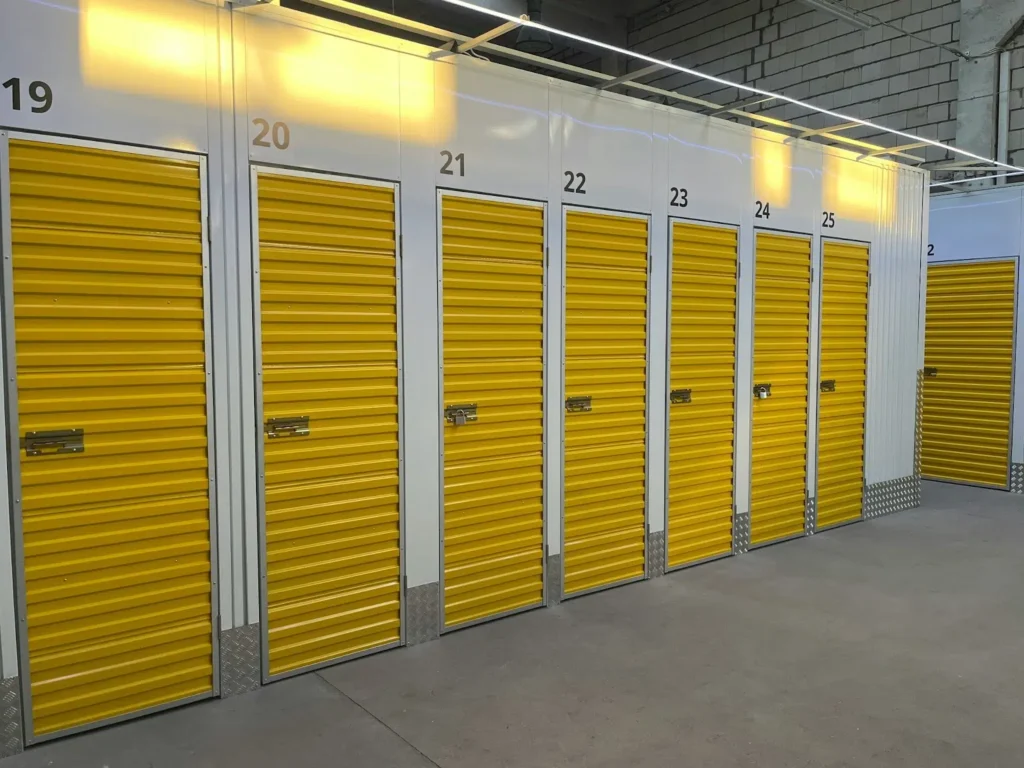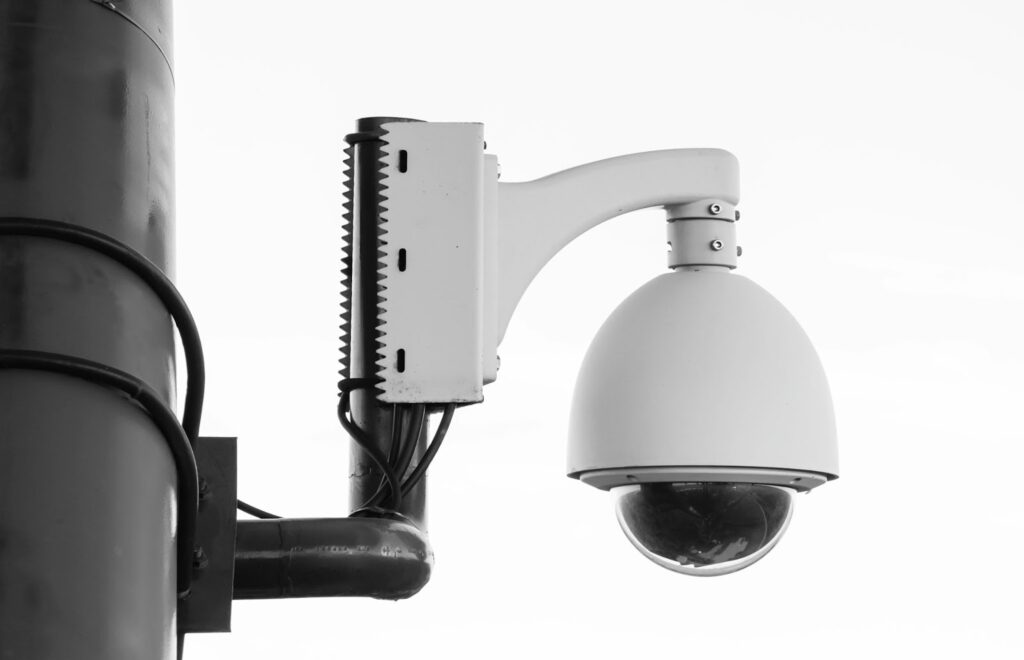Securing adequate financing is vital to get your self-storage business off the ground. Start by estimating the start-up costs for the self storage business, which may include property acquisition, facility construction or renovation, equipment purchase, marketing expenses, and initial working capital.
Before diving into the financial aspects of your self-storage business, it’s crucial to conduct thorough market research.
Understanding the demand for self-storage units in your target area, analyzing your competition, and identifying your unique selling points can greatly impact your financial planning.
By gathering this information, you can make more informed decisions when estimating your start-up costs and projecting your future revenue.
Did You Know?
There are at least 52,300 storage facilities in the US, with average occupancy of 96.5 percent. 90 percent of worldwide self-storage inventory is in the U.S.
Estimating Start-Up Costs
Thoroughly analyze all the costs involved in setting up your self-storage business. This includes not only the physical infrastructure but also administrative expenses, legal fees, and insurance costs.
Ensure your financial projections are realistic and take into account potential risks and unexpected expenses.
When estimating your start-up costs for a self storage business, don’t forget to include expenses related to technology and security measures.
Implementing a reliable security system and investing in user-friendly management software are essential components of a successful self-storage business.
By factoring in these costs from the beginning, you can create a more comprehensive budget that aligns with industry standards and customer expectations.
Check out: Estimating Mini Storage Building Costs: A Financial Overview
Exploring Financing Options
Once you have a clear understanding of your start-up costs, explore various financing options for the self storage business.
These may include traditional bank loans, SBA loans, angel investors, or personal savings. Carefully evaluate each option and choose the one that best suits your financial needs and long-term goals.
Additionally, consider alternative financing methods such as crowdfunding or equipment financing specifically tailored for self-storage businesses.
These options can provide unique benefits and flexibility that traditional loans may not offer. By diversifying your financing sources, you can mitigate risks and ensure a stable financial foundation for your self-storage venture.











